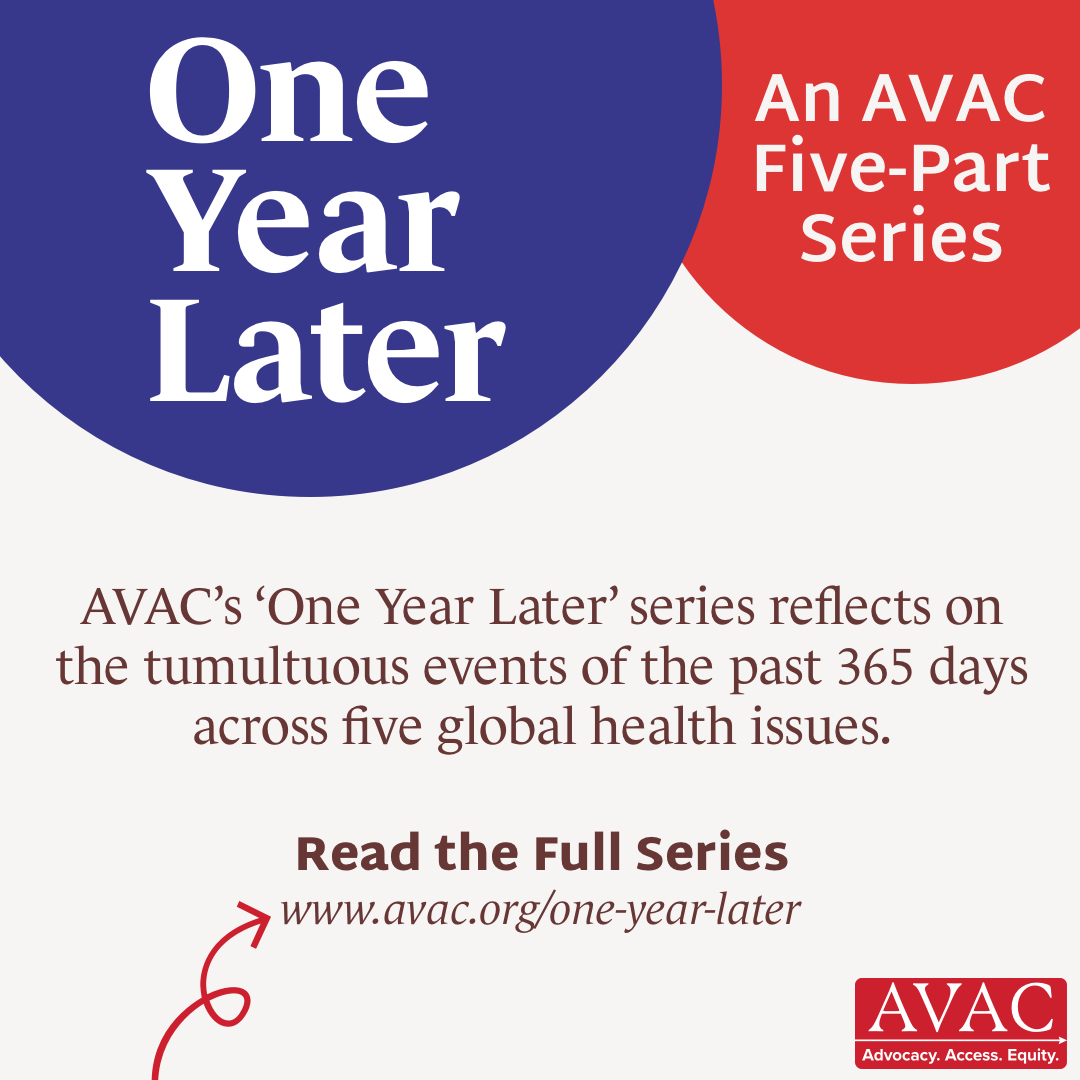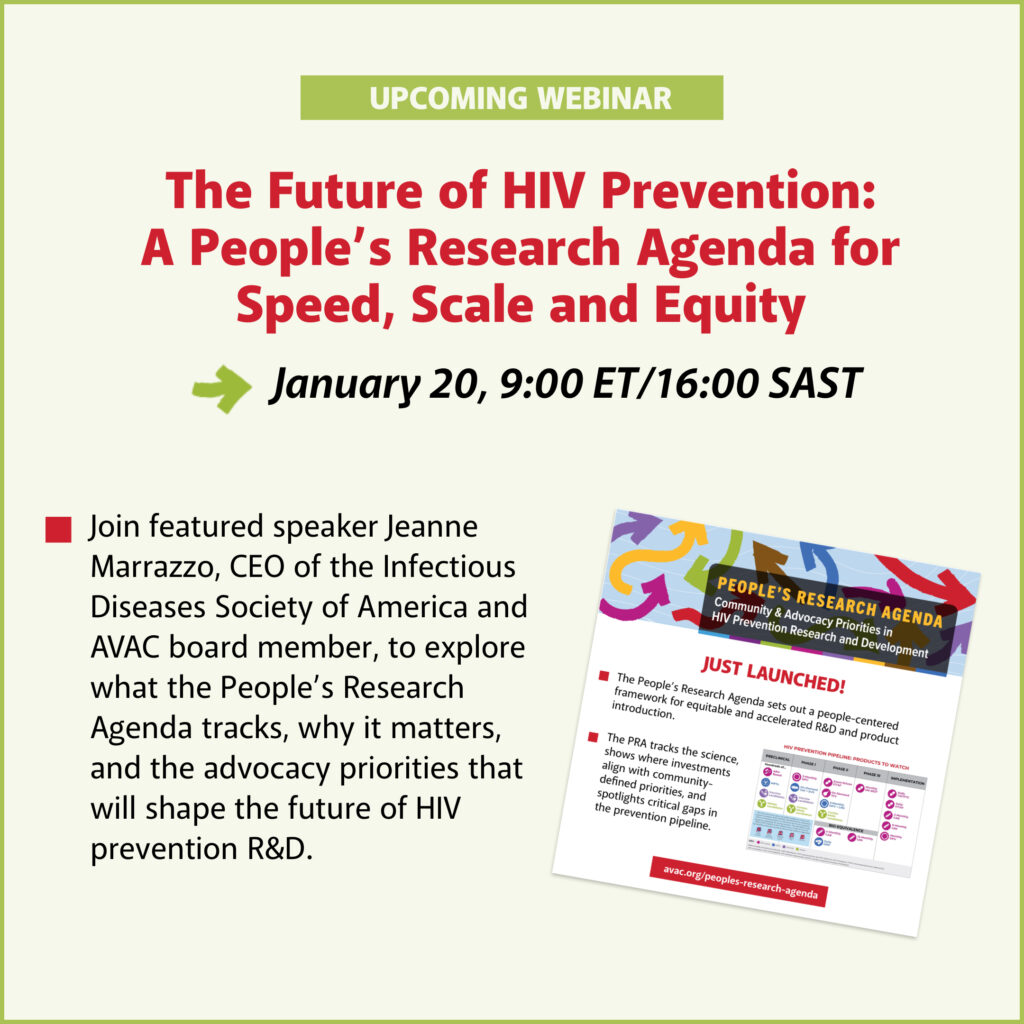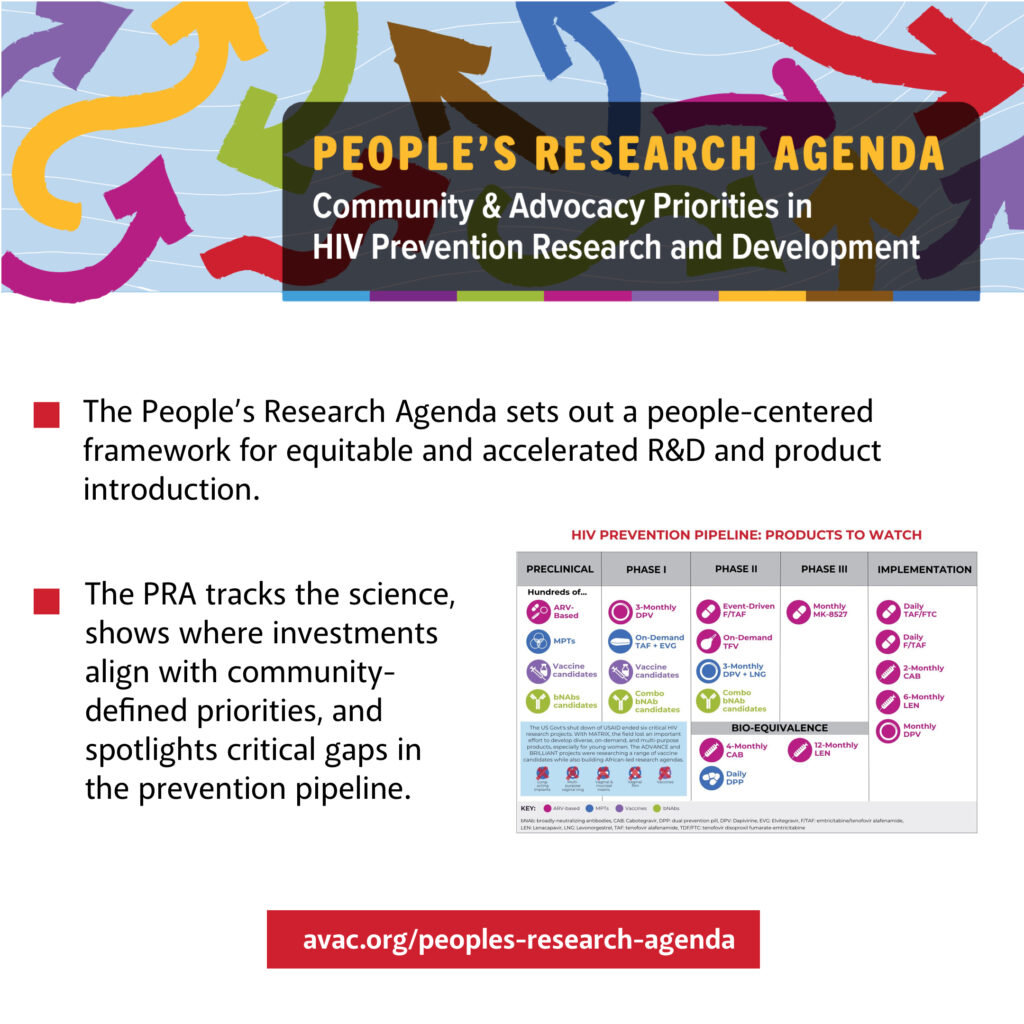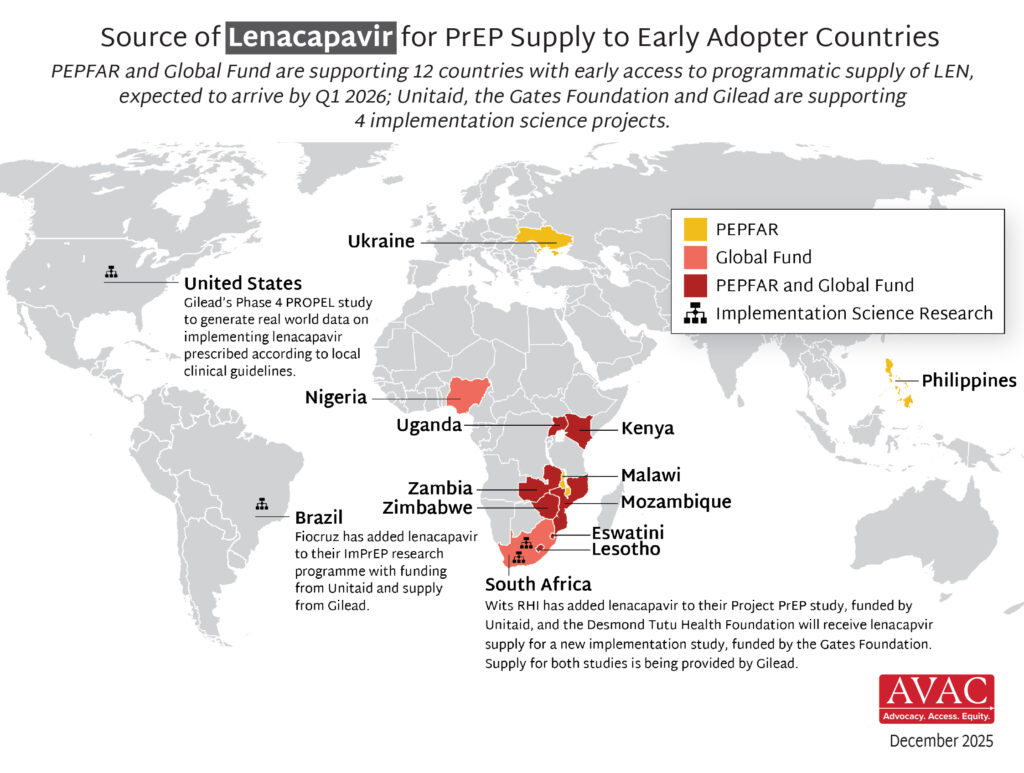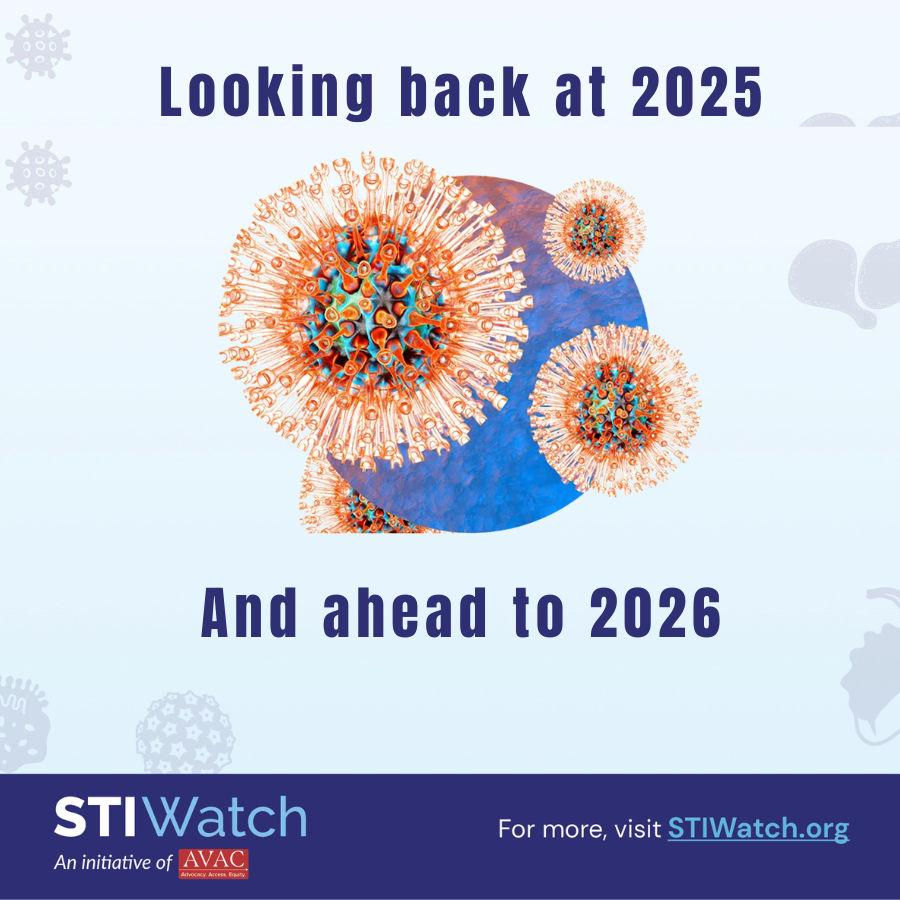Today marks one year since AVAC and the Journalism Development Network worked with the Public Citizen Litigation Group to sue the US President, the State Department, the US Agency for International Development (USAID), and others, seeking emergency relief from a sweeping freeze on foreign assistance issued by the incoming administration that abruptly halted life-saving global health and development programs. A parallel case was brought by Global Health Council and partners and assigned to the same District Court judge, underscoring the broad concern across the global health community.
Twelve months later, these cases have come to symbolize a much larger question: whether the executive branch can override Congress’s constitutional authority over federal spending and dismantle decades of bipartisan foreign policy with the stroke of a pen, and whether the courts and Congress will fulfill their responsibilities to serve as checks on unbridled executive power.
The past year has laid bare the real-world consequences of unchecked executive action, threatening lives, destabilizing global partnerships, and undermining the United States’ credibility as a reliable partner.
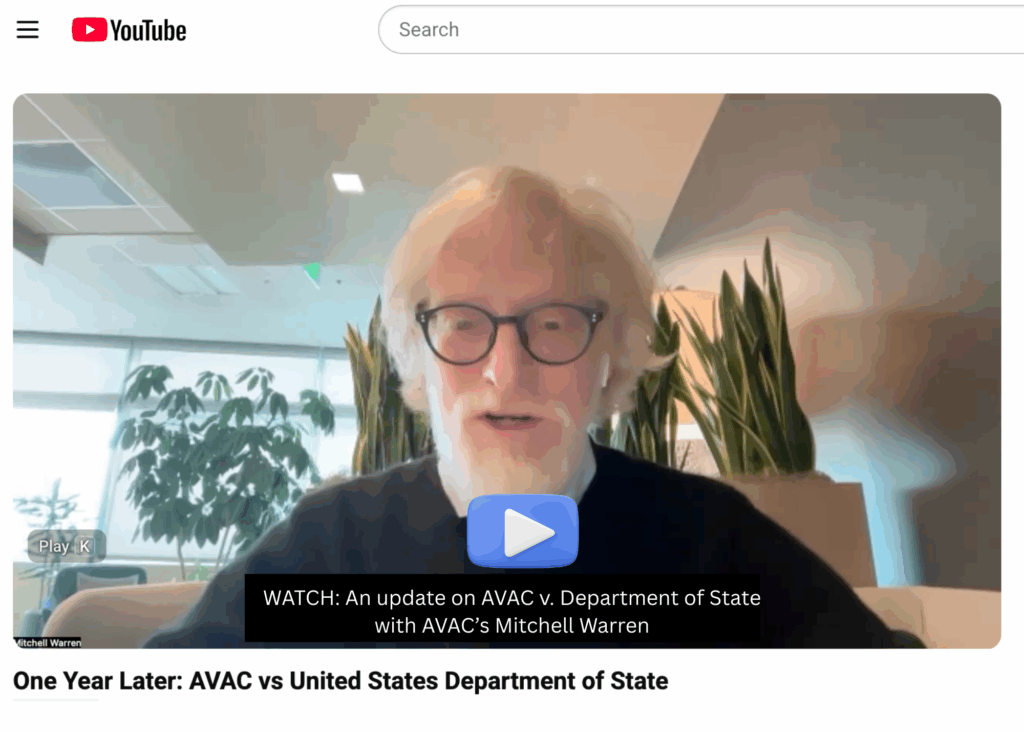
An early ruling in AVAC’s case successfully unlocked nearly $2 billion in US government payments for work already completed, affirming that the executive branch cannot refuse to spend money appropriated by Congress. But over the course of 2025, appeals by the administration, ultimately backed by the US Supreme Court, ran down the clock on $4 billion in already-appropriated funds for the 2025 fiscal year, allowing them to expire.
While the Supreme Court’s ruling did not resolve the underlying constitutional questions, the decision was narrow and the Court left open the opportunity for further argument on the merit of the questions involved. In November 2025, a joint statement to the District Court requested to pause the cases, awaiting the outcome of other relevant court decisions.
The AVAC and GHC cases remain active, but lawsuits alone cannot restore what was lost—or undo the long-term harm caused by the sudden dismantling of global health systems.
The actions by this administration demand more than concern. This moment demands public accountability, sustained Congressional oversight, and durable legislative safeguards. Global health and equity require champions willing to fight for lives and livelihoods, and for what’s right. We cannot accept this as the new normal, and we must insist that Congressional authority, democratic governance, and the lives they protect still matter.
If you’d like to support AVAC in its continued work, please consider making a donation, https://donatenow.networkforgood.org/donate-avac.
